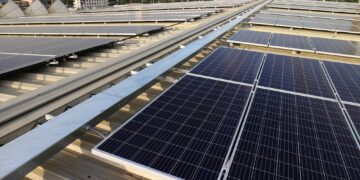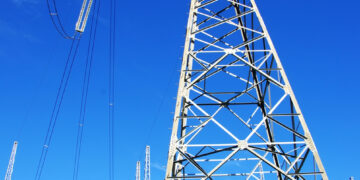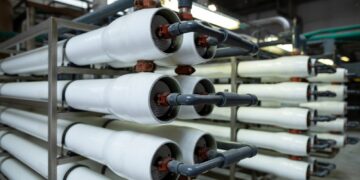Saudi Electricity Company Secures Major Battery Energy Storage Projects
Saudi Electricity Company has secured two major battery energy storage projects in northern Saudi Arabia, signaling a significant shift in global energy storage economics, according to industry sources. The combined capacity of these projects is 4.9 GWh, with installation costs ranging from USD 73 to 75 per kilowatt-hour—prices that closely rival the lowest seen in China.
The contracts were awarded to Chinese manufacturer HiTHIUM and Saudi EPC contractor Alfanar Projects. Each site, located in Tabuk and Hail provinces, will feature a 500 MW, four-hour system, with each project offering 2.45 GWh of storage. To ensure consistent performance, the systems are designed with a 5-year degradation buffer. Equipment supply contracts are valued at about USD 179 million for Tabuk and USD 183 million for Hail, while engineering and construction costs are estimated at USD 116 million and USD 118 million, respectively.
HiTHIUM’s advanced lithium iron phosphate technology will be used, with large-format cells housed in robust, climate-resistant containers. Both projects are scheduled for completion by 2026.
Significance for Renewable Energy and Global Pricing
These record-low prices are especially significant for renewable energy developers, helping to address challenges such as supplying power during non-solar hours and reducing the need to curtail solar generation. Battery storage at these costs makes solar and wind power more competitive than traditional energy sources, even without subsidies.
Globally, battery storage prices vary widely. According to industry data:
- China averages USD 101 per kWh, with some systems as low as USD 65 per kWh
- The United States faces much higher costs at USD 236 per kWh
- Europe averages USD 275 per kWh
The Saudi projects demonstrate how advances in manufacturing and scale are narrowing these regional price gaps.
Trends Driving Cost Reductions and National Strategy
The drop in battery prices is part of a broader trend, driven by increased production and lower material costs. Battery pack prices fell 20 percent in 2024 to USD 115 per kWh, the largest annual decline since 2017, and global battery capacity installations nearly doubled to 69 GW in the same year.
These projects are central to Saudi Arabia’s Vision 2030, supporting the goal of generating half of the kingdom’s electricity from renewables by 2030. The new storage systems will enhance grid reliability through services like load shifting and frequency regulation. This initiative is part of a larger national program, which has already awarded contracts for 12.5 GWh to BYD and 7.8 GWh to Sungrow, establishing Saudi Arabia as a key player in the global battery storage market.
Overall, this breakthrough in pricing and technology signals a new era for energy storage, with the potential to speed up the worldwide shift to renewable energy.









